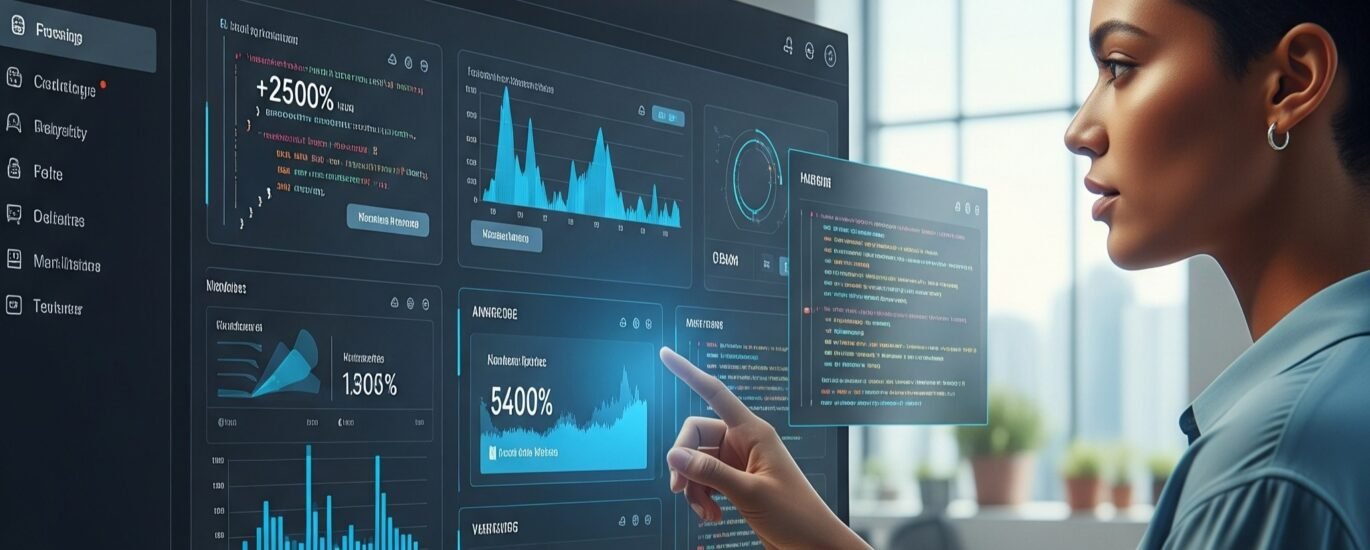Overview
As development teams scale, traditional manual code reviews become bottlenecks—causing delays, inconsistent feedback, and quality risks. This case study explores how we designed and implemented an AI-powered code review assistant that enhanced developer productivity, improved code quality, and cut review time significantly.
🧩 The Challenge
Our client’s engineering team, distributed across multiple time zones, struggled with:
- Inconsistent review quality due to varied experience levels
- Slower merge cycles, with PRs sitting idle waiting for review
- Increased time spent on low-impact issues like style violations
- Difficulty onboarding junior developers without constant mentorship
On average, each PR cycle took 8–12 hours, with around 25% of review comments being repetitive or trivial issues.
🎯 Goals
We set out to build an AI-assisted code review tool with the following objectives:
- Automate routine code checks (style, syntax, formatting)
- Identify deeper issues like code smells, security flaws, and performance risks
- Suggest context-aware fixes
- Provide real-time feedback directly in GitHub and VS Code
- Learn from our team’s preferences to reduce false positives
🛠️ The Solution: An AI-Powered Code Review Tool
Architecture Highlights
| Layer | Technology Used |
|---|---|
| Code Parsing | Tree-sitter + AST generation |
| ML Models | CodeBERT for static analysis, Codex for fixes |
| Backend | FastAPI (Python) with PostgreSQL |
| Frontend Plugin | Custom GitHub Action + VS Code extension |
| Model Hosting | HuggingFace Transformers (self-hosted) |
Key Features
- Inline AI comments on PRs with justification for changes
- Contextual suggestions for bug fixes, naming, security warnings
- Team-specific learning from historical review data
- Real-time alerts inside developer IDE
- Custom rule integration (e.g., enforcing internal naming conventions)
📈 Results & Impact
Within 60 days of deployment:
- ⏱️ Code review time reduced by 42%
- ✅ 90% of low-level issues (style, formatting) handled automatically
- 🔍 Early detection of ~20 security-relevant issues, flagged before manual review
- 📉 30% reduction in post-merge bugs, especially from overlooked patterns
- 🚀 Average merge cycle reduced from 10.5 hours to 6.2 hours
- 🧑💻 Improved onboarding: Junior devs reported clearer, more actionable feedback






